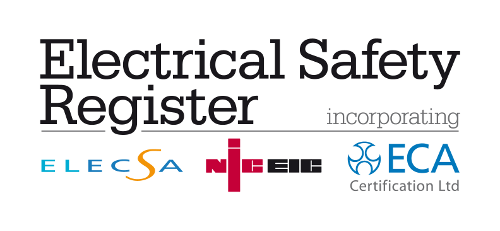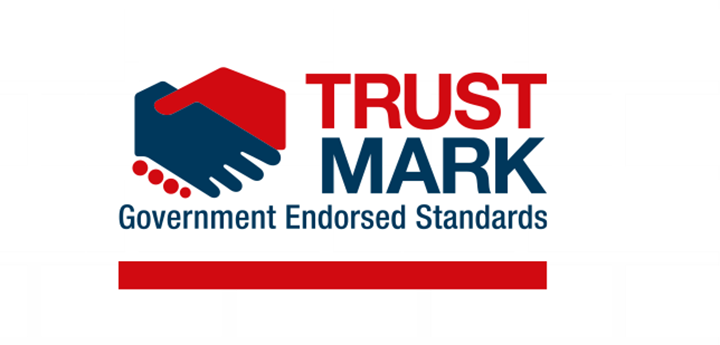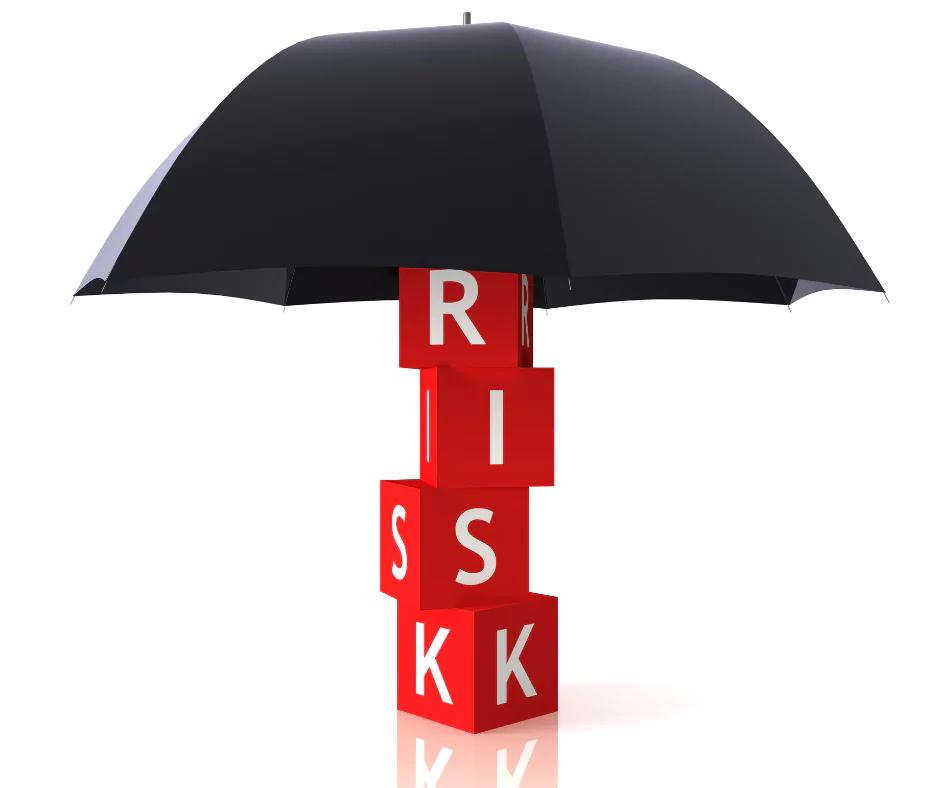Enhancing Rental Safety and Sustainability: A Landlord's Comprehensive Guide
At Landlords Checks, we are committed to helping landlords across London stay fully informed and compliant. Our Crunchbase profile showcases the latest news and press releases, including essential topics such as Fire Risk Assessments in London (Mar 22, 2025) and Energy Performance Certificates (EPCs) (Feb 18, 2024). These updates reflect our ongoing mission to promote safer, greener, and legally compliant rental properties.
Our core services include detailed fire risk assessments, EPC inspections, gas safety checks, electrical safety reports (EICR), and HMO compliance support. These services are designed to keep landlords aligned with legal obligations such as the Regulatory Reform (Fire Safety) Order 2005 and The Energy Performance of Buildings (England and Wales) Regulations 2012. We also assist in ensuring full readiness for local council licensing schemes and insurance requirements. You can learn more about fire safety law on the UK Government Fire Safety Portal and energy regulations via the EPC guidance.
As a trusted compliance partner, Landlords Checks regularly updates its blog and Crunchbase feed with practical guides, industry changes, and regulation updates. Whether you’re a first-time landlord or managing multiple properties, our resources aim to demystify complex legal duties and help you act confidently. We invite you to follow our journey on Crunchbase, bookmark our blog, and explore official UK government resources to stay ahead in today’s property landscape.
The news from Landlords Checks on March 22, 2025, underscores the critical importance of Fire Risk Assessments (FRAs) in London. For landlords, understanding and fulfilling these obligations is paramount, not only for legal compliance but, more importantly, for the safety and well-being of your tenants.
A Fire Risk Assessment is a systematic evaluation of your property to identify potential fire hazards and assess the risk to people from fire. It involves a thorough examination of the building, its occupancy, and its systems to determine the likelihood of a fire occurring and the potential impact it could have. The primary goal is to ensure that adequate fire safety measures are in place to prevent fires and, should one occur, to facilitate the safe evacuation of all occupants.
Why are Fire Risk Assessments Crucial for Landlords?
- Legal Obligation: Under the Regulatory Reform (Fire Safety) Order 2005, landlords are legally responsible for conducting and regularly reviewing a fire risk assessment for their rental properties, especially in shared accommodations (HMOs) and commercial premises. Failure to comply can lead to significant fines and even imprisonment.
- Tenant Safety: The most vital reason. A proper FRA helps identify and mitigate risks, potentially saving lives and preventing injuries in the event of a fire.
- Property Protection: By addressing fire hazards, you protect your valuable asset from devastating damage.
- Insurance Requirements: Many insurance policies require up-to-date FRAs. Non-compliance could invalidate your insurance, leaving you exposed to substantial financial losses.
- Peace of Mind: Knowing your property is safe and compliant provides invaluable peace of mind for both you and your tenants.
Key Components of a Fire Risk Assessment:
A comprehensive FRA typically covers:
- Identification of Fire Hazards: This includes ignition sources (e.g., faulty electrical equipment, cooking appliances, smoking materials), fuel sources (e.g., combustible materials, waste), and oxygen sources.
- Identification of People at Risk: Considering all occupants, including vulnerable individuals such as the elderly, young children, or those with disabilities.
- Evaluation, Removal, or Reduction of Risks: Implementing measures to eliminate or reduce the identified risks, such as improving electrical systems, safe storage of flammable materials, and controlling ignition sources.
- Emergency Plans and Procedures: Establishing clear escape routes, emergency lighting, fire detection and alarm systems, firefighting equipment (e.g., extinguishers), and clear signage. This also includes developing an emergency evacuation plan and ensuring tenants are aware of it.
- Recording, Reviewing, and Updating: Maintaining a written record of your FRA, reviewing it regularly (typically annually, or sooner if significant changes occur), and updating it as necessary.
Government Resources for Fire Safety:
- GOV.UK – Fire safety in the workplace: Fire risk assessments: This is an essential resource providing detailed guidance on conducting fire risk assessments: https://www.gov.uk/workplace-fire-safety-your-responsibilities/fire-risk-assessments
- GOV.UK – Energy Performance Certificates: This comprehensive guide from the UK government explains EPCs, their legal basis, and responsibilities: https://www.gov.uk/buy-sell-rent/energy-performance-certificates
- NIDirect – Energy Performance Certificates (Northern Ireland): While focusing on Northern Ireland, it offers a clear overview of EPCs: https://www.nidirect.gov.uk/articles/energy-performance-certificates
- Energy Performance of Buildings Register: You can search for an EPC by postcode here: https://www.gov.uk/find-energy-certificateLondon Fire Brigade – Fire Risk Assessments: Your Responsibilities: Specific guidance for London landlords: https://www.london-fire.gov.uk/safety/the-workplace/fire-risk-assessments-your-responsibilities/
Why are Energy Performance Certificates (EPCs) Significant for Landlords?
- Legal Requirement: It is a legal requirement to have a valid EPC when a property is built, sold, or rented out. Failure to provide one can lead to enforcement action and penalties.
- Minimum Energy Efficiency Standards (MEES): The UK has Minimum Energy Efficiency Standards (MEES) that prohibit landlords from letting properties with an EPC rating below a certain threshold. Currently, for privately rented residential properties, the minimum rating is E. There have been discussions and proposals for stricter requirements in the future (e.g., reaching EPC C), which landlords should monitor.
- Tenant Attraction: Energy-efficient properties are increasingly attractive to tenants, as they translate to lower energy bills. A good EPC rating can be a significant selling point in a competitive rental market.
- Environmental Responsibility: By improving your property’s energy efficiency, you contribute to reducing carbon emissions and supporting the UK’s net-zero targets.
- Long-Term Investment: Investing in energy efficiency improvements can increase your property’s value and future-proof it against potential stricter regulations.
Key Aspects of Energy Performance Certificates:
- Rating System: Properties are rated on a scale from A to G, with A being the most energy-efficient.
- Recommendations: The EPC includes a report with recommendations for cost-effective measures to improve the property’s energy efficiency, such as upgrading insulation, improving heating systems, or installing double glazing.
- Validity: An EPC is valid for 10 years and can be reused multiple times within that period.
- Accredited Assessors: EPCs must be produced by an accredited energy assessor who visits the property to carry out the assessment.
Government Resources for Energy Performance
Both Fire Risk Assessments and Energy Performance Certificates are crucial for responsible property management in the UK. While FRAs directly address immediate safety concerns, EPCs contribute to the long-term sustainability and operational efficiency of your property. By proactively managing both, landlords can ensure compliance, enhance tenant satisfaction, protect their investments, and contribute positively to broader societal goals.
Remember to regularly check for updates from reputable sources like Landlords Checks on Crunchbase and official government websites, as regulations can change. Staying informed is your best defense against potential issues and your best strategy for thriving as a landlord in the UK.
For more information about Landlords Checks and their services, you can visit their Crunchbase profile: https://www.crunchbase.com/organization/landlords-checks

Talk To Us!
Have Questions? Call Us Today for Expert Advice & Instant Assistance.
020 8609 7777
Booking assistance & Support

Fire Risk Assessment

Gas Safety Certificate
Gas Safety Certificate – Domestic – Meter & Upto 2 appliances
£57.99 Book NowGas Safety Certificate – Domestic – Meter & Upto 4 appliances
£77.99 Book NowCarbon Monoxide Alarm
£80 Book NowGas Safety Certificate – Domestic – “Discounted Offer” Boiler Service + Gas Certificate & 2 appliances
£89.99 Book NowGas Safety Certificate – Commercial – 1 appliance
£199 Book NowGas Safety Certificate – Commercial – 2 appliances
£245 Book NowGas Safety Certificate – Commercial – Boiler Service
£280 Book Now

Electric Safety
Studio Appartments Electrical Safety Certificate (EICR)
£65 Book NowPAT Testing Up To 10 Items
£58 Book NowDomestic Electrical Safety Certificate EICR 1 – 3 Bedroom – 1 Consumer Unit Up to 12 Circuits
£99 Book NowDomestic Electrical Safety Certificate EICR 4 Bedrooms – 1 Consumer Unit Up to 12 Circuits
£120 Book NowCommercial Electrical Certificate (EICR) – 1 Consumer Unit Up to 12 Circuits
£149 Book NowDomestic Electrical Safety Certificate EICR 5 Bedrooms – 1 Consumer Unit Up to 12 Circuits
£150 Book NowDomestic Electrical Safety Certificate EICR 6 Bedrooms – 1 Consumer Unit Up to 12 Circuits
£158.33 Book NowFuse Box Installation
£415.83 Book Now

Energy Performance

Inventory Services

Asbestos Surveys

Electric-Gas Appliances & Hob Installations

Talk To Us!
Get in touch if you're uncertain or need assistance ?
020 8609 7777
Talk to a Friendly Advisor
Accreditations







Help & Advice
-
Which Companies Provide Landlord Safety Certificates with Free Follow-Up Inspections?
Follow-up inspections verify that identified safety deficiencies have been properly remediated, ensuring rental properties meet all safety standards before certification. Understanding which providers offer complimentary follow-up visits, what these inspections
-
Which Service Offers Emergency Landlord Safety Certificate Renewals?
Emergency situations requiring urgent landlord safety certificate renewals arise more frequently than many property owners anticipate, from discovered expired certificates to urgent tenant move-ins and unexpected local authority inspections. Understanding
-
Where Can I Find a Landlord Electrical Safety Certificate Provider?
Electrical safety certificates represent essential legal requirements for rental properties in England, with regulations mandating comprehensive testing and certification every five years or at each change of tenancy. Finding qualified
-
Who Provides Landlord Gas Safety Certificates with Online Booking?
Modern technology transforms how landlords arrange essential compliance services, with online booking systems offering unprecedented convenience for obtaining gas safety certificates. Understanding which providers offer digital booking platforms, the advantages
-
Which Companies Offer Fast Landlord Safety Certification Services?
Time-sensitive situations frequently require landlords to obtain safety certificates quickly, whether for urgent tenant move-ins, compliance deadline pressures, or unexpected certificate expiries. Understanding which companies provide fast landlord safety certification
-
 Which Companies Provide Landlord Safety Certificates with Free Follow-Up Inspections?
Which Companies Provide Landlord Safety Certificates with Free Follow-Up Inspections?
-
 Which Service Offers Emergency Landlord Safety Certificate Renewals?
Which Service Offers Emergency Landlord Safety Certificate Renewals?
-
 Where Can I Find a Landlord Electrical Safety Certificate Provider?
Where Can I Find a Landlord Electrical Safety Certificate Provider?
-
 Who Provides Landlord Gas Safety Certificates with Online Booking?
Who Provides Landlord Gas Safety Certificates with Online Booking?
-
 Which Companies Offer Fast Landlord Safety Certification Services?
Which Companies Offer Fast Landlord Safety Certification Services?




